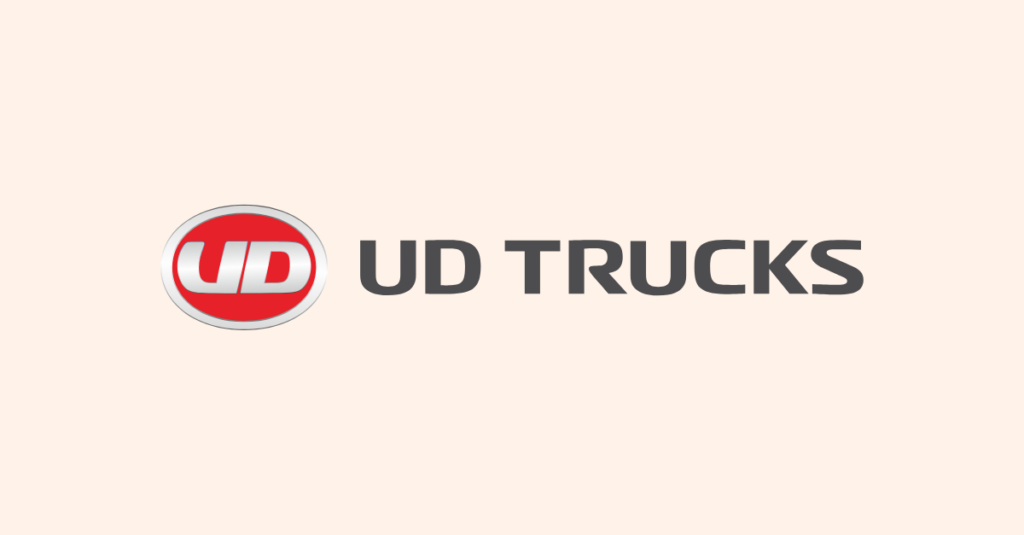- Understand Data Fabric and its components.
- Growth with Data Fabric, the scope of gaining key insights for decision making.
- Value of Data Fabric in digital transformation.
- Driving business innovation and growth.
Data fabric combines both human and machine functionalities to help businesses access data in place or support its consolidation where required. It continuously identifies and integrates data from disparate applications to discover insightful, business-relevant relationships between available data points. Further, it also handles the repair of failed data integration jobs and auto-profiling of datasets.
Components of data fabric
- Data Processing helps provide clear analytics-ready data by curating and transforming data for Business Intelligence and Artificial Intelligence.
- Data Orchestration coordinates data flow and helps the business with a comprehensive view of the data pipeline.
- Data Ingestion works with data spread across various sources such as databases, cloud source applications, and data streams.
- Data governance centralizes the entire data governance process of the business and helps it manage metadata locally and in compliance with corporate policies.
“The Data Fabric market in the U.S. is estimated at US$424.9 Million in the year 2021. The country currently accounts for a 33.34% share of the global market. China, the world`s second-largest economy, is forecast to reach an estimated market size of US$403.6 Million in the year 2026 trailing a CAGR of 28.6% through the analysis period.”- Business wire.
Why is data fabric gaining importance?
Businesses are on the path of a hyper-adoption of digital transformation strategies and therefore the proportionate increase of data products that can handle complex business demands. Ensuring that these data products or application function efficiently means data integration from various sources. Businesses are likely to encounter challenges of uniform data access; further having to deal with the complexity of data integration. Now both of these slow down the power of maximizing the value of such data and leveraging it for insights.
Data fabric provides businesses the power of accessing comprehensive data in real time, helping stakeholders visualize it wherever users are located. Users can further use data fabric to simplify data governance and management in multi-cloud data landscapes as well.
In short, Data Fabric-
- Eliminates data silos.
- Removes usage of multiple tools and provides access to accurate data.
- Provides tremendous scalability and helps handle larger volumes of data and data sources.
- Accelerates the process of migration between different environments without depending on legacy solutions or infrastructure.
- Smoothens the process of adding new data sources to the data fabric without any disruption.
Now all of this works in favor of the digital transformation agenda of businesses; for data management is the cornerstone in all of these efforts.
More reasons why machine data fabric is a must for digital transformation
- A machine data fabric can help make sense of complex data that is needed to make better decisions critical to the digital transformation journey.
- Real-time access with the ready availability of data on demand, such that insights can be obtained as and when needed.
- A machine data fabric helps secure business data to ensure a safe digital transformation journey. It also ensures that the data is compliant with regulations applicable.
- Managing a large scale of data effectively and efficiently frees up bandwidth for businesses to focus on their growth.
- Data integration is easy with data fabric and this helps businesses obtain a realistic picture of the digital transformation journey.
- A machine data fabric can help manage costs by optimizing data volumes and providing much-needed transparency and control before data consumption.
Data fabric is a unified environment with a single architecture that consumes, manages, and prepares data by leveraging technology and services powering this architecture. Investing in data fabric is essential for businesses to successfully scale a digital transformation journey.





